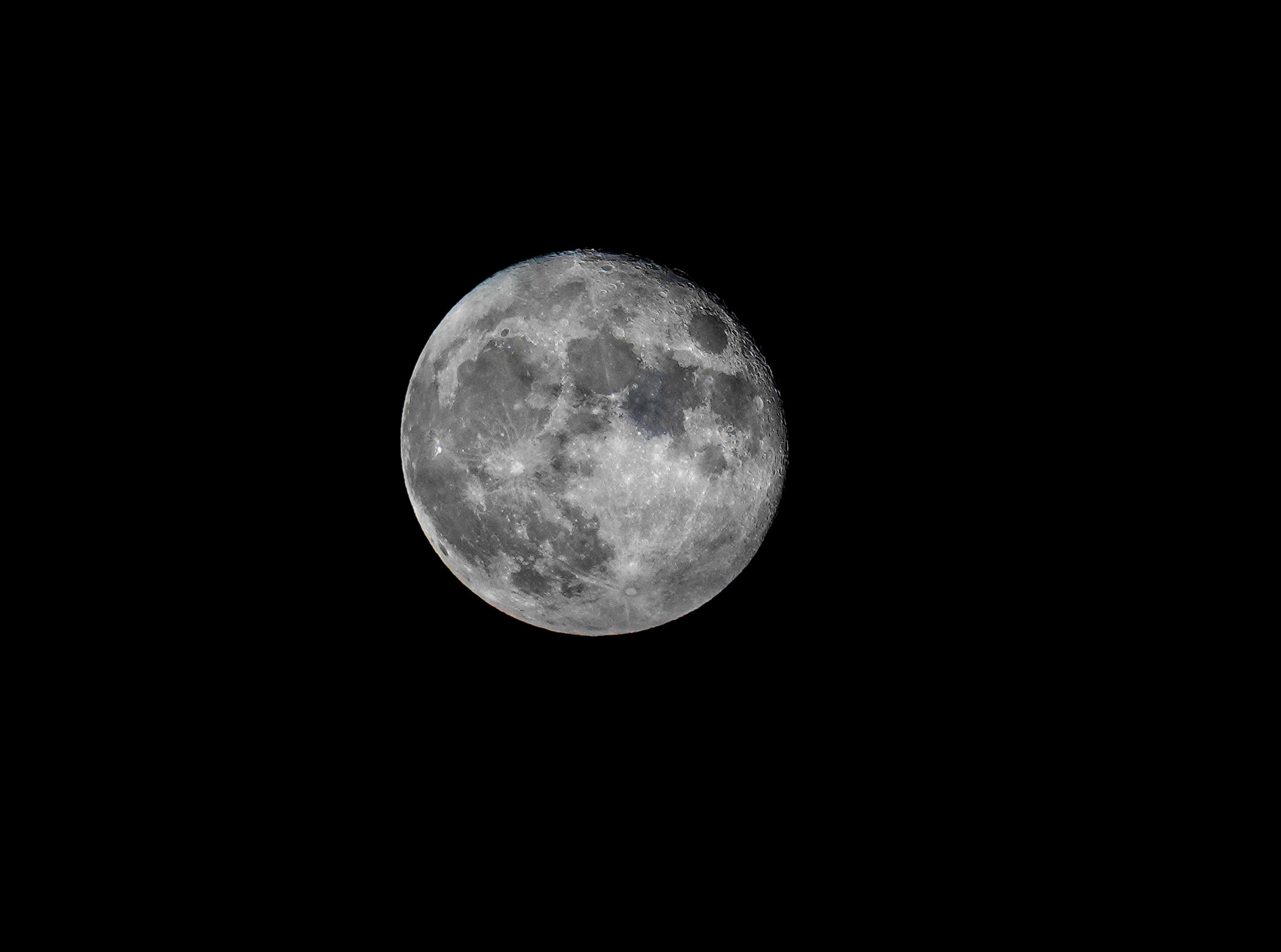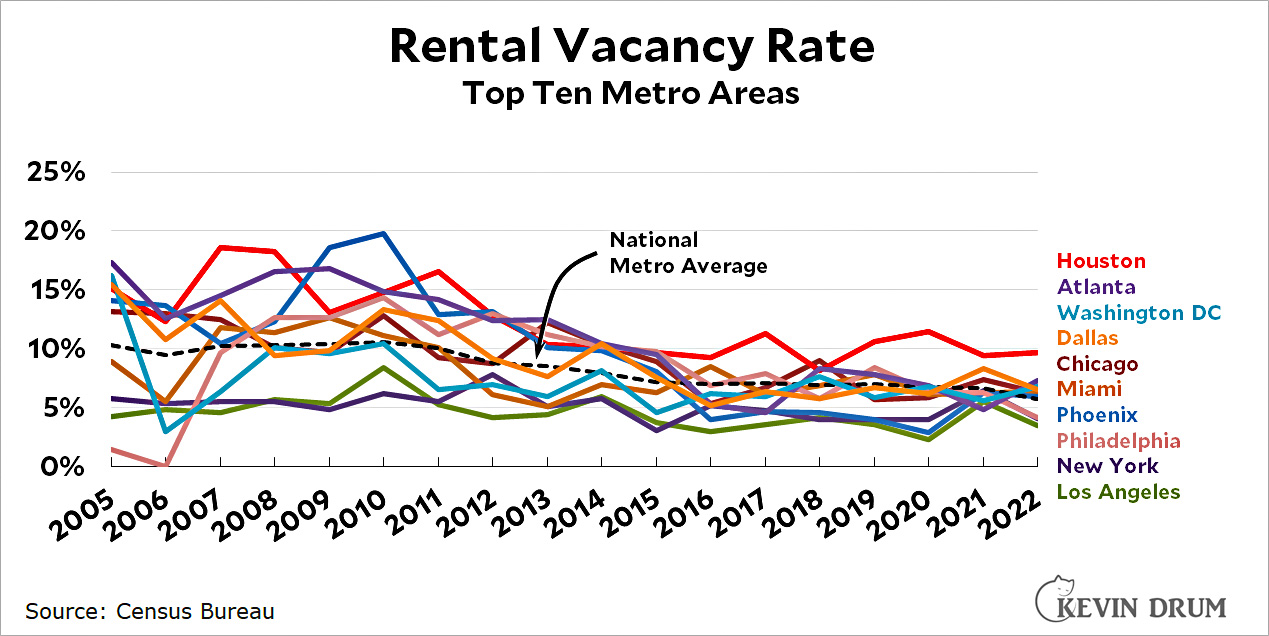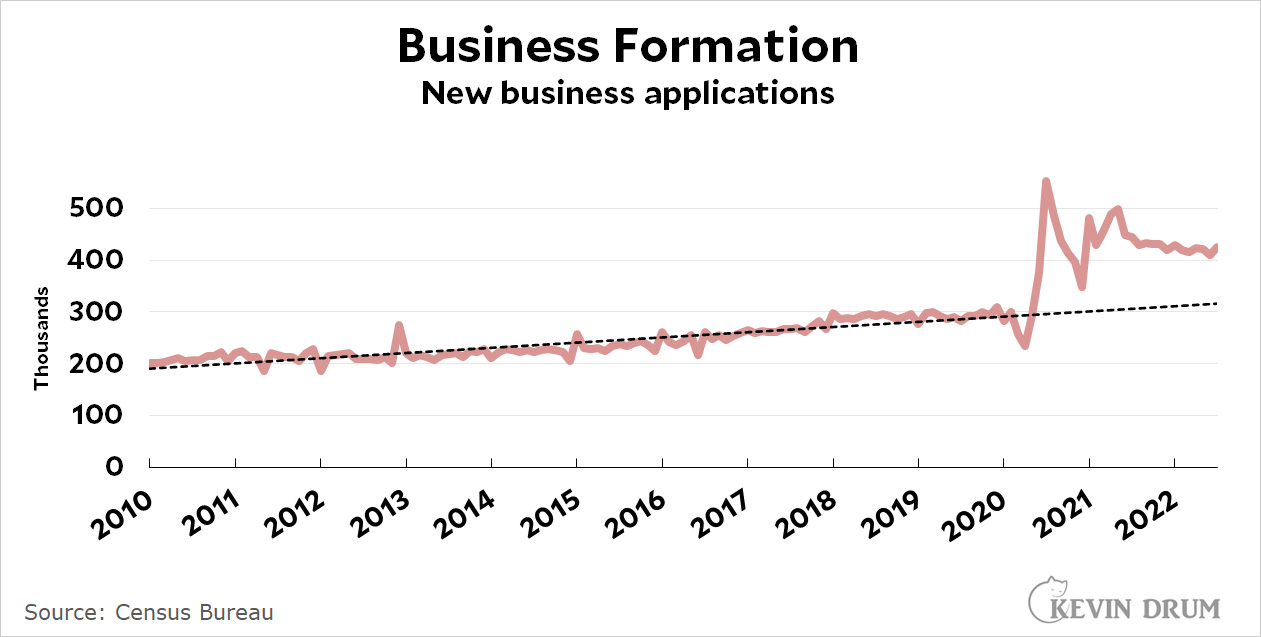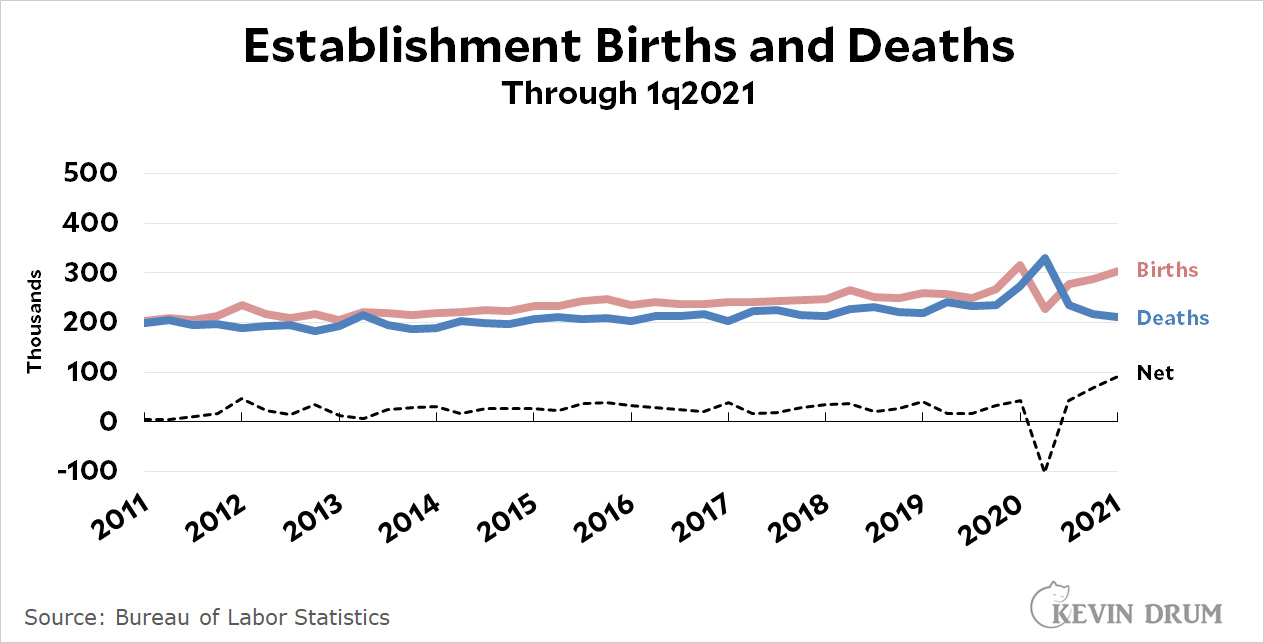Enough of this. Just stop:
The bill’s success shows how the politics of climate change have shifted profoundly since scientists began warning about global warming
On Friday, a dozen years after a sprawling climate bill passed the House but failed to move ahead in the Senate, Democrats successfully muscled the United States’ most ambitious climate change proposal ever past Congress, sending it to President Biden for his signature.
The bill’s success shows how the politics of climate change have shifted profoundly since scientists began warning about how human-caused emissions would warm the planet.
I've read other pieces about how, for example, environmental groups kept pushing and pushing and pushing, and that's why the bill passed. Or about the brilliance of Chuck Schumer's leadership. Or AOC and the squad mesmerizing America into supporting it. But it's all malarkey, as our president might say.
Oh, there were political differences between the previous climate bill in 2010 and now. The 2022 bill had to be weaker. It got fewer votes in the Senate. Republicans were unanimously opposed to the 2022 bill instead of just 98% against it. And Democrats had to bribe the fossil fuel industry to keep its mouth shut. The entire political climate has gotten worse since 2010.
But these are all trifles. The 2022 climate bill passed for one reason: Joe Manchin decided he was in favor of it. That's it. That was the difference between success and failure.
Not hurricanes or droughts or wildfires or floods. Not the Arctic melting faster than we thought. Not environmental groups suddenly pulling their heads out of their asses. And certainly not public opinion:
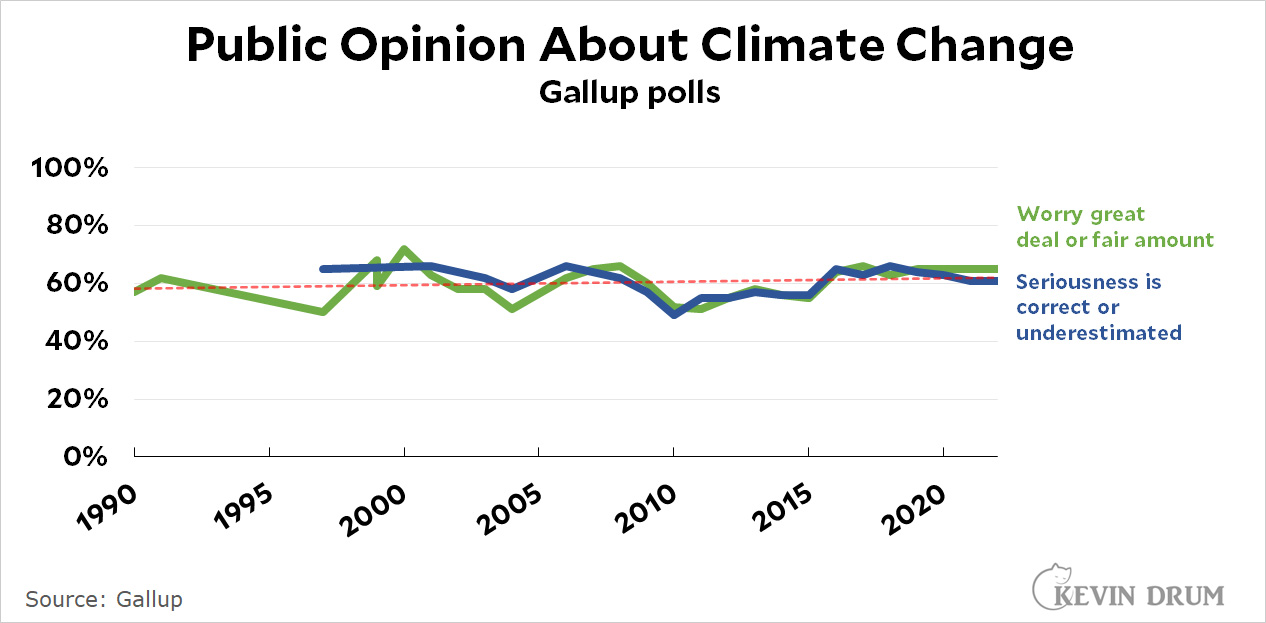 So let's stop with the tik-toks and thumbsuckers. Nothing much has changed politically. Nothing has changed in public opinion. Facts on the ground have so far not made a dent. Environmental groups have not suddenly become brilliant marketers.
So let's stop with the tik-toks and thumbsuckers. Nothing much has changed politically. Nothing has changed in public opinion. Facts on the ground have so far not made a dent. Environmental groups have not suddenly become brilliant marketers.
If Joe Manchin had decided he wanted to spend $400 billion on the child tax credit, that's what would have passed. Instead he decided to support climate change. If you really want to write the story of how the 2022 climate bill passed, you need to figure out why Manchin changed his mind over the past dozen years. That's it.

